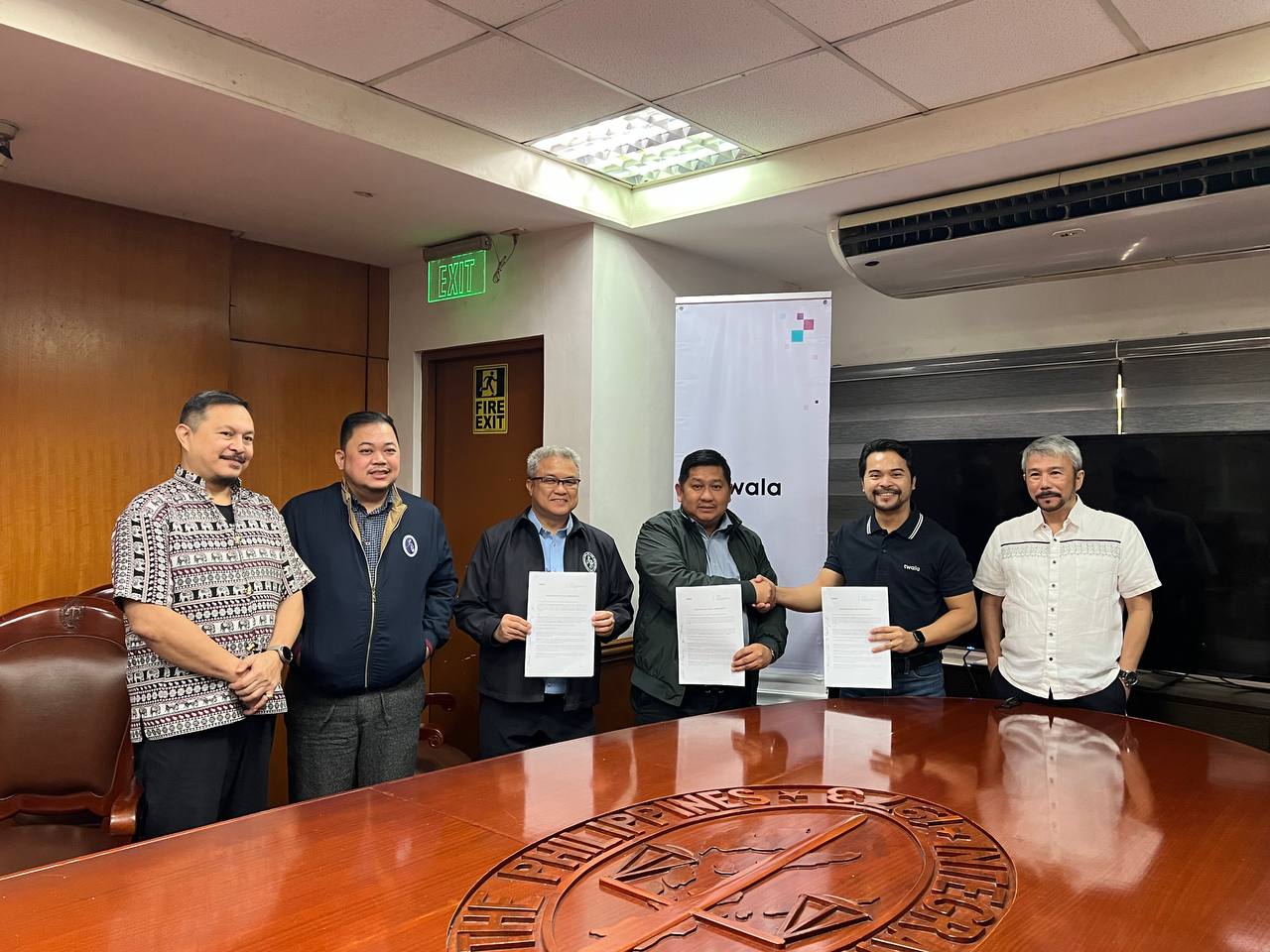Trust is the lifeblood of Philippine business transactions, with signatures holding significant weight in contracts, loans, and asset transfers. Forgery shatters this trust, undermining governance, disrupting operations, and exposing businesses to severe legal and financial risks.
The Scope of Signature Fraud in the Philippines
Signature forgery is a pervasive problem in the Philippines, where manual signatures remain a dominant form of authentication. Fraudulent signatures are commonly encountered in loan authorizations, property transfers, and corporate resolutions. In these scenarios, unauthorized individuals exploit gaps in internal controls or take advantage of a company’s reliance on outdated verification methods.
Legal Implications of Forged Signatures
Under Philippine law, forgery is a criminal offense. Article 172 of the Revised Penal Code penalizes the falsification of public and private documents, including the forgery of signatures. When a forged signature leads to financial or reputational harm, the perpetrator can face both criminal charges and civil liability.
In corporate settings, signature forgery often triggers disputes over the validity of contracts. Philippine courts, guided by the Civil Code, may declare contracts void if fraud is proven. This can lead to prolonged litigation, additional costs, and the nullification of business transactions, potentially stalling company operations.
Corporate Governance: A Weakness Exploited
The issue of signature fraud often highlights broader weaknesses in corporate governance. Many Philippine companies lack stringent policies for verifying signatures, relying instead on manual checks that are prone to human error. This vulnerability is exacerbated in companies with a hierarchical structure, where subordinates may be hesitant to question documents signed by higher-ranking officials.
Furthermore, the absence of a comprehensive risk management framework allows fraudulent activities to go undetected for extended periods. Inadequate checks and balances create a breeding ground for fraud, where even a single forged signature can snowball into a major corporate crisis.
Safeguarding Against Signature Fraud
Preventing signature fraud requires a multifaceted approach that blends technology, policy, and culture.
Adopt Digital Solutions
Transitioning from manual signatures to digital signatures can significantly reduce the risk of forgery. Digital signatures like Twala, governed by the Philippine E-Commerce Act (Republic Act No. 8792), are secured through encryption and provide a robust audit trail.
Strengthen Internal Controls
Implementing a dual-authentication system for high-value transactions adds an extra layer of security. Requiring multiple signatories for financial authorizations can deter fraudulent activities.
Regular Audits and Training
Periodic audits help uncover anomalies early, while employee training fosters a culture of vigilance. Employees should be educated about the importance of verifying signatures and identifying red flags.
Whistleblower Mechanisms
Encouraging employees to report suspicious activities without fear of retaliation can be a powerful deterrent against fraud. Establishing confidential reporting channels strengthens internal governance.
Forged signatures cost more than money—they undermine trust, disrupt operations, and expose companies to severe legal and reputational risks. Businesses must act decisively to protect themselves from these threats.
In an era where trust is currency, complacency is costly. By adopting robust safeguards, including e-signature solutions, companies can fortify their internal controls, prevent fraud, and ensure every document's authenticity and legal validity.
Want to know how Twala ensures the highest level of security and compliance for your business transactions? Explore our platform’s cutting-edge features and see how we prevent fraud and protect your digital agreements. Contact us or book a free demo—we’re excited to help you build trust and confidence in every signature.





.png)
